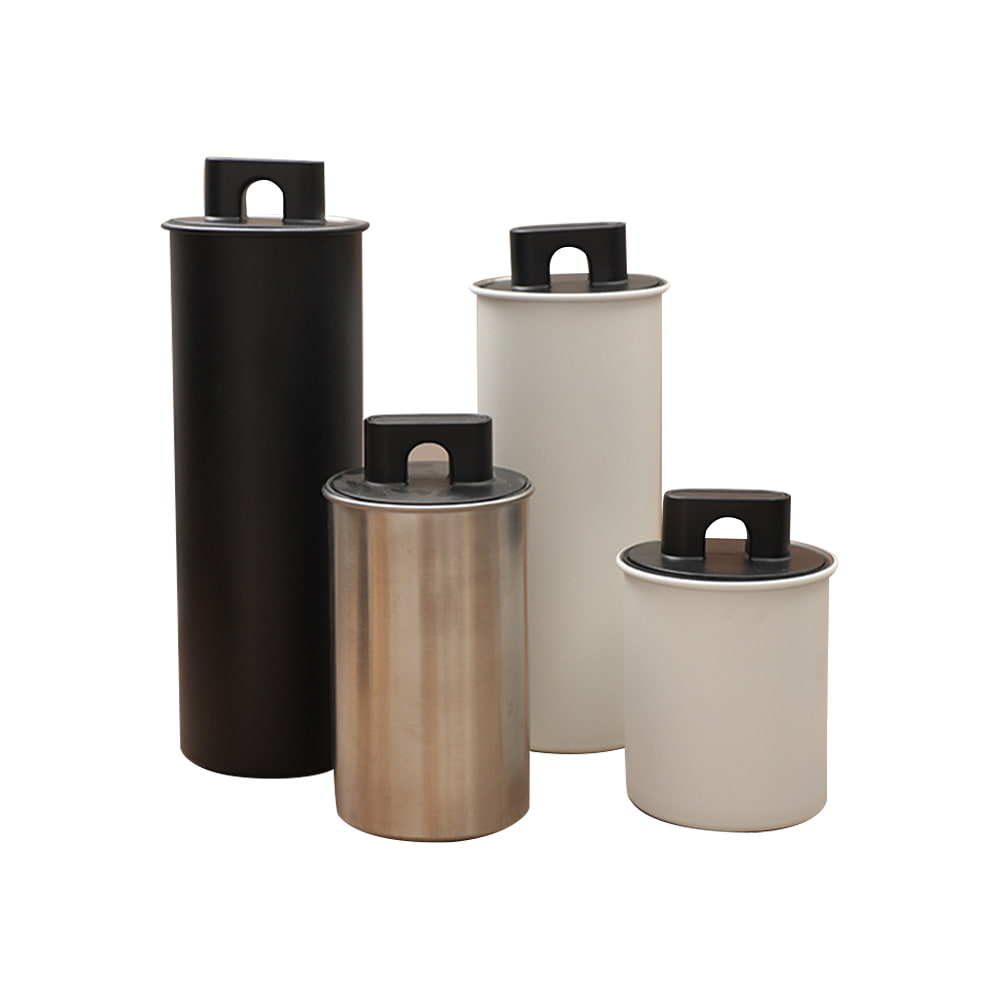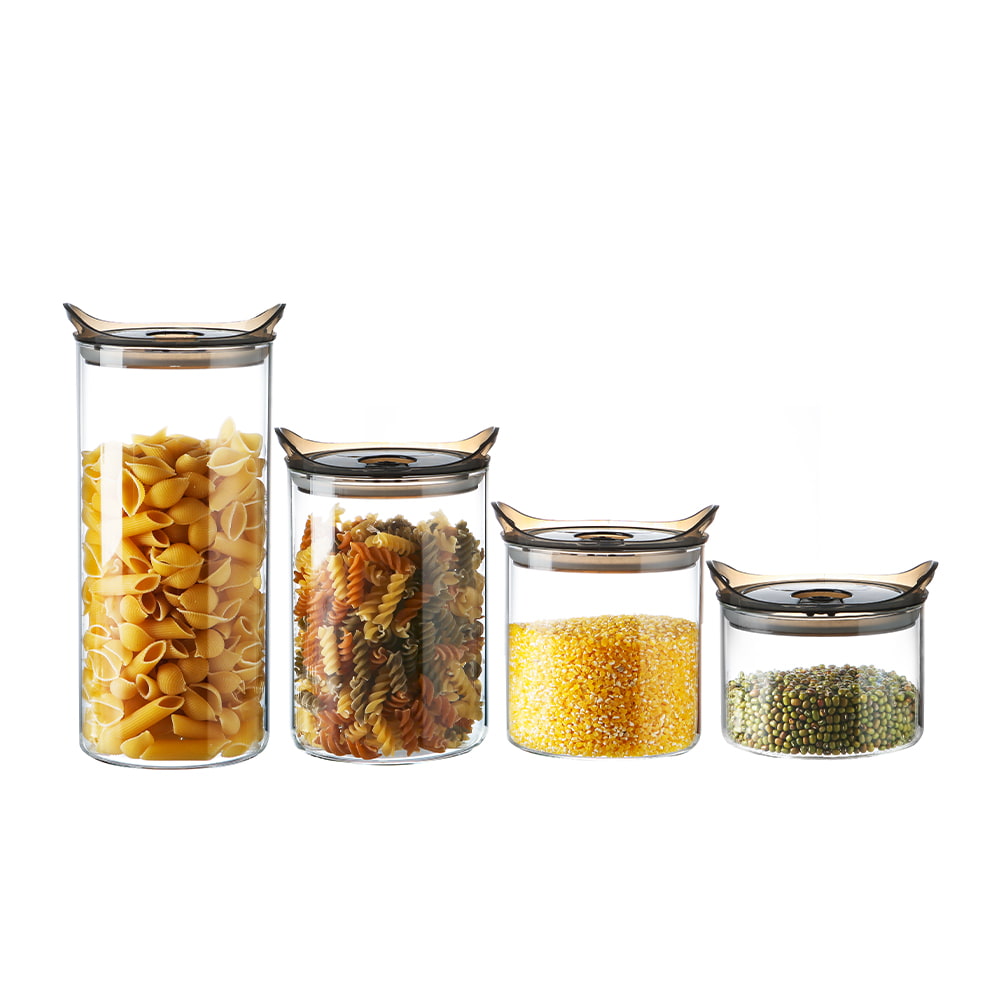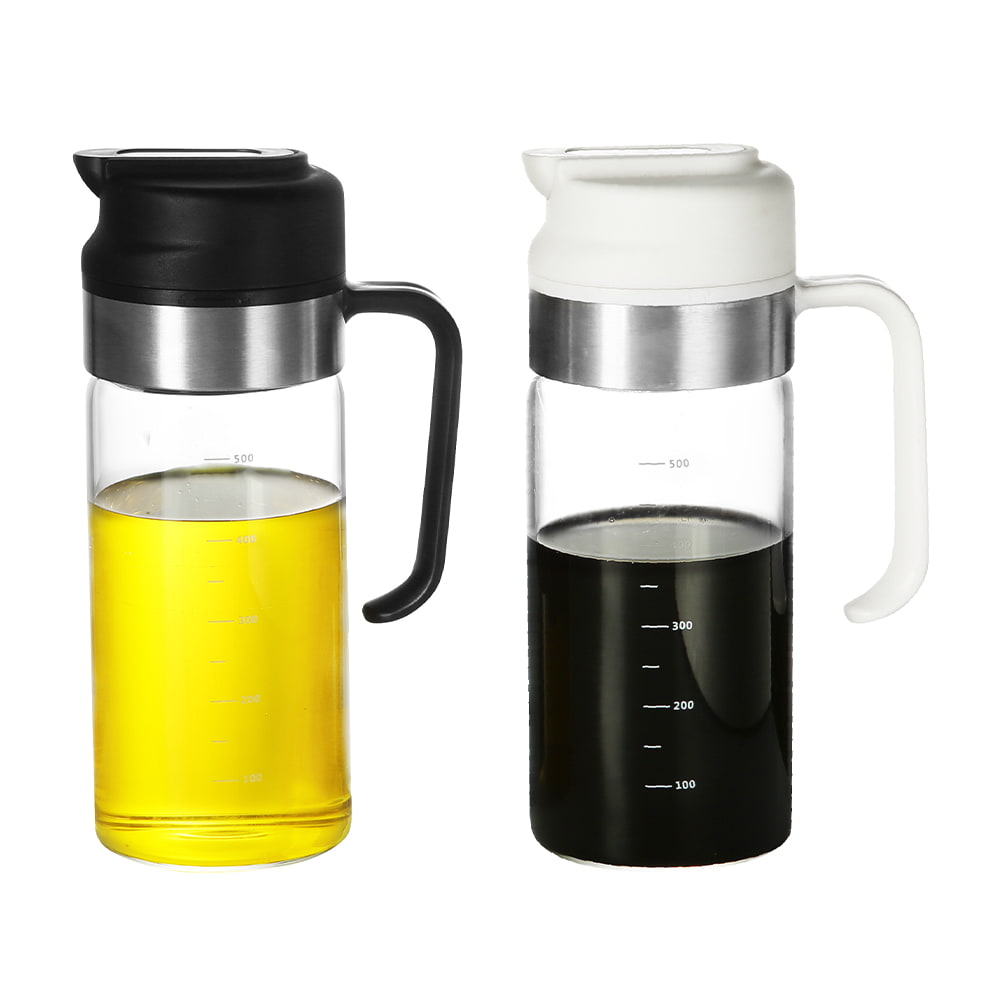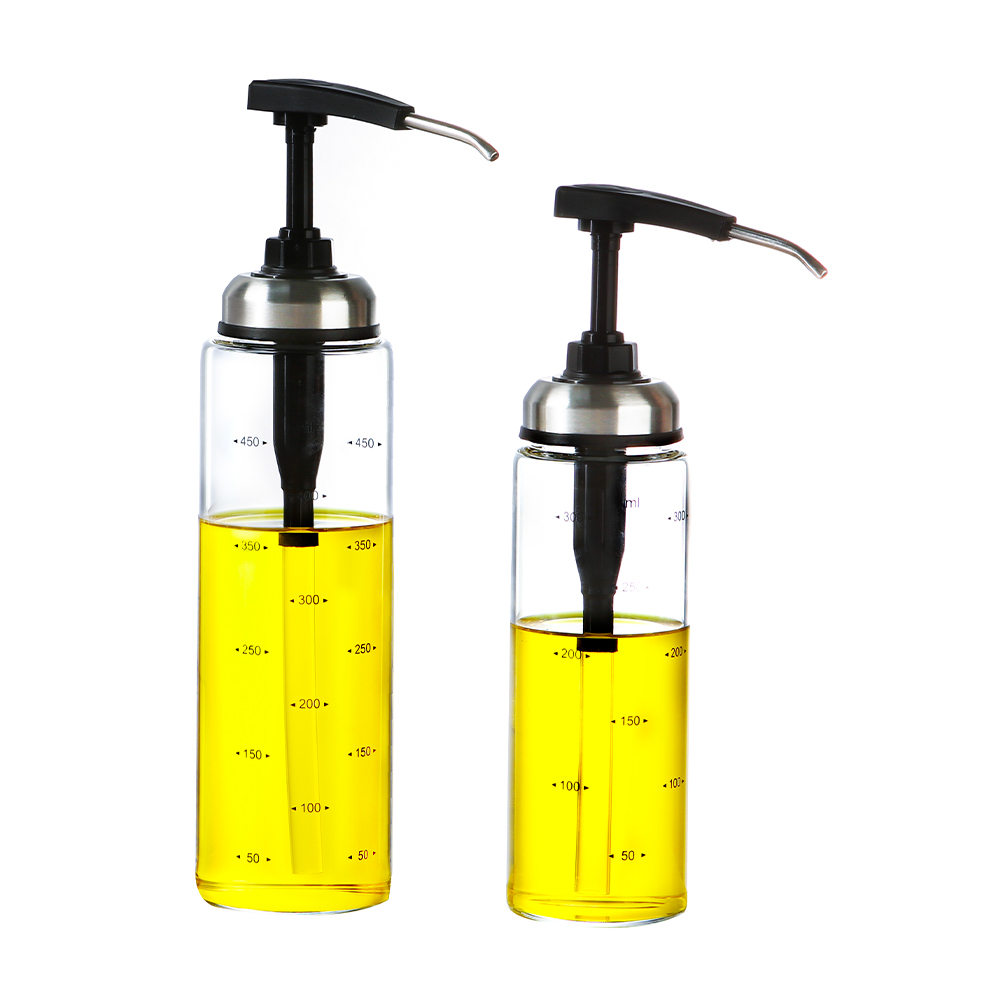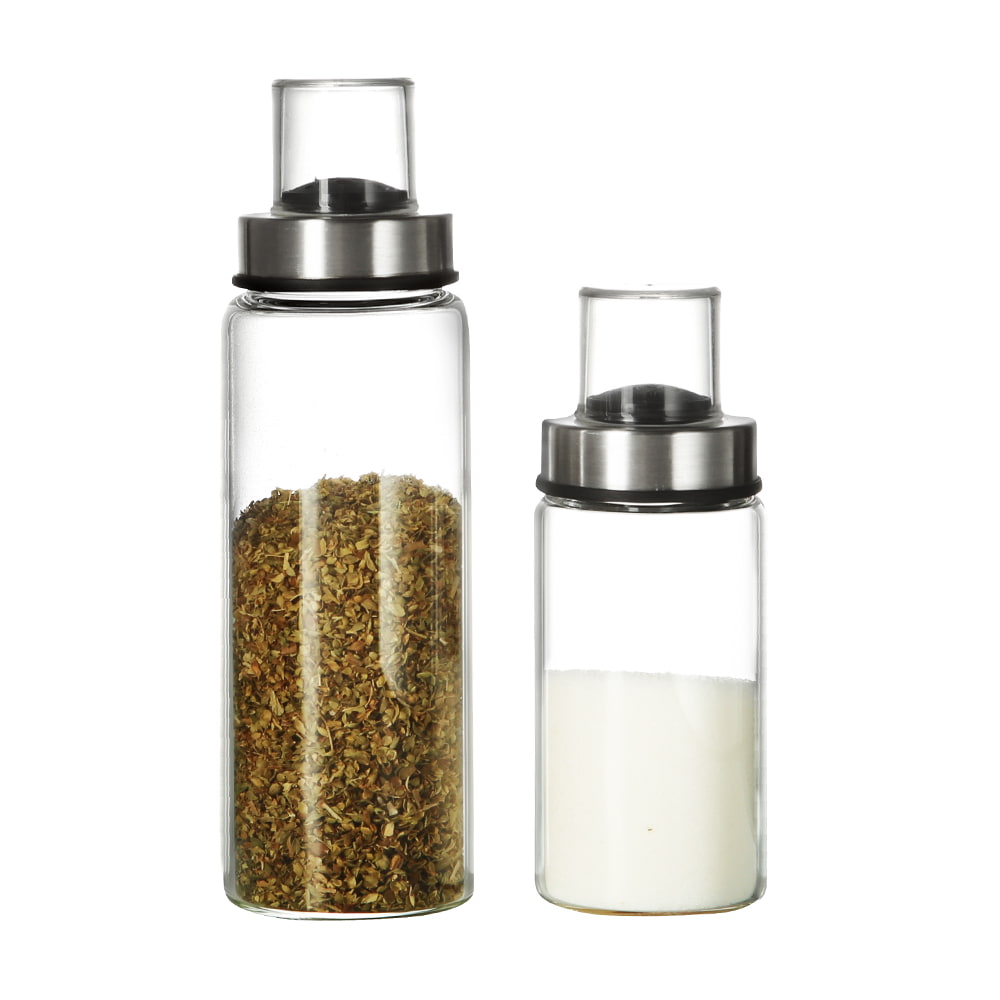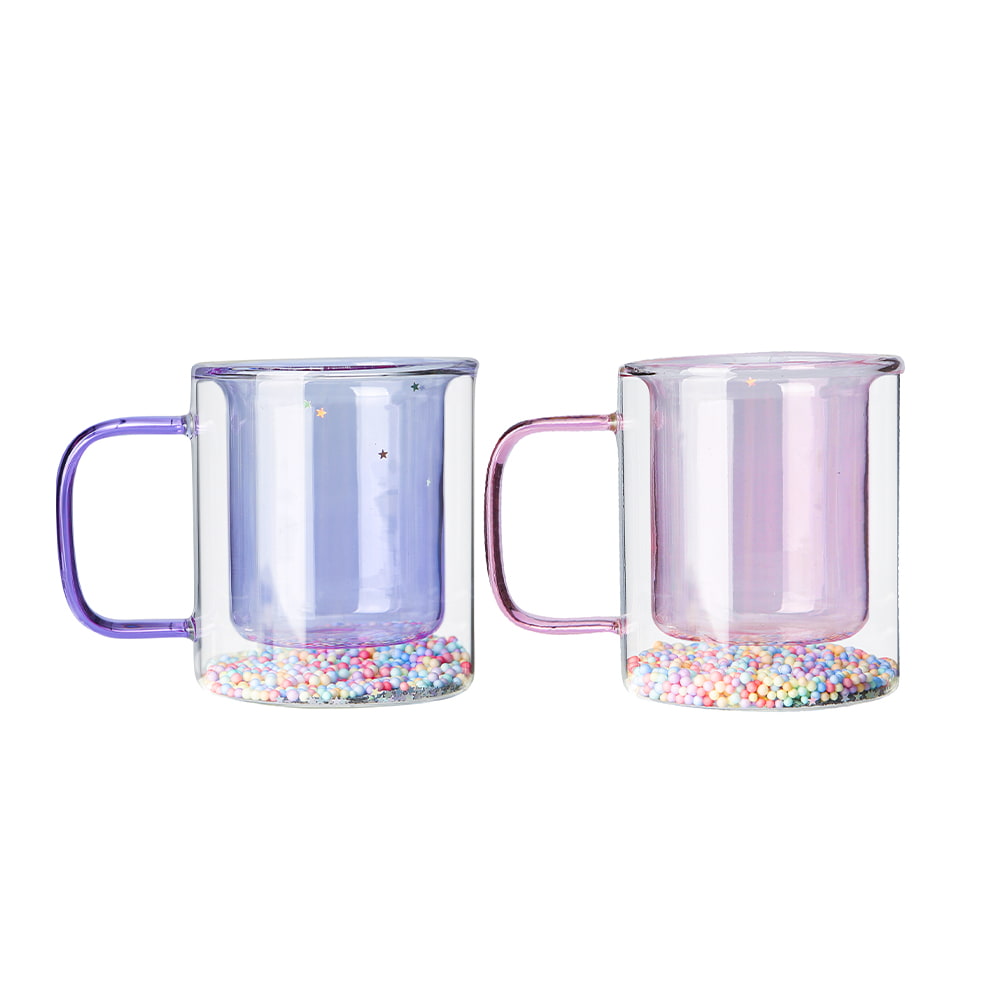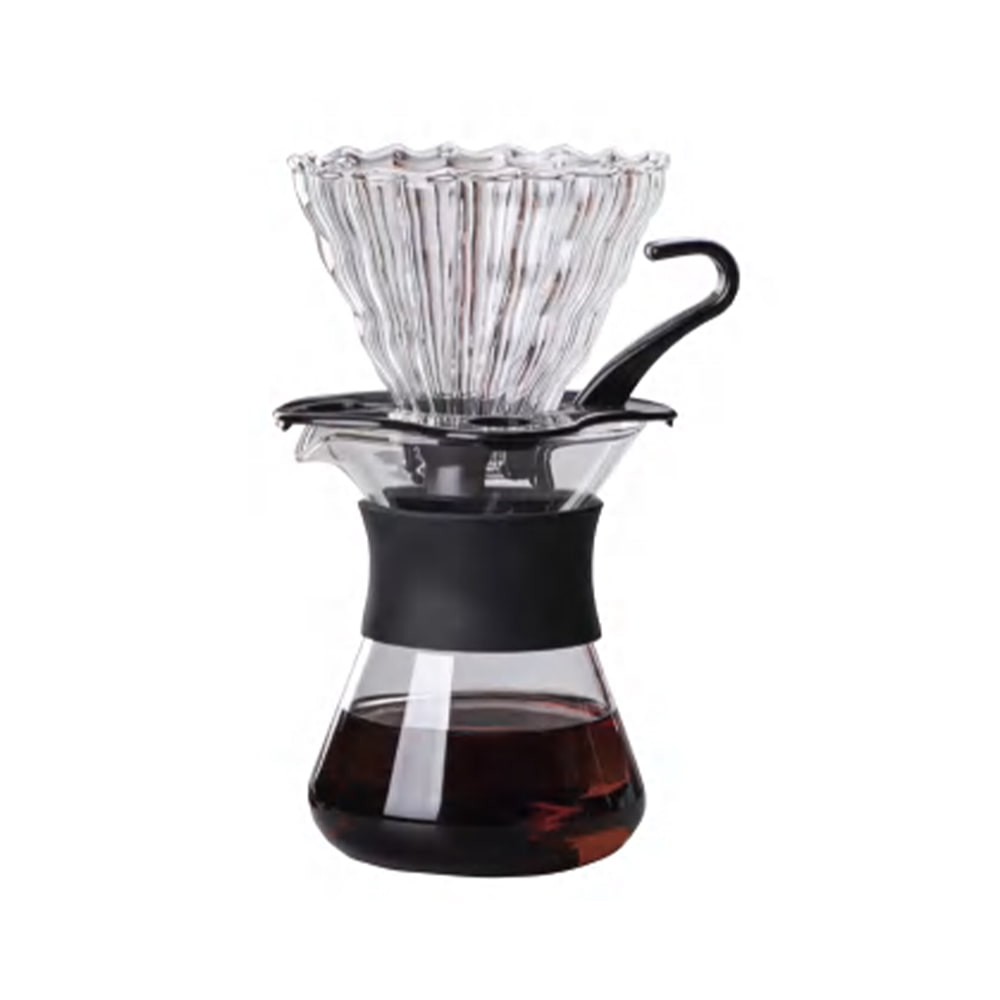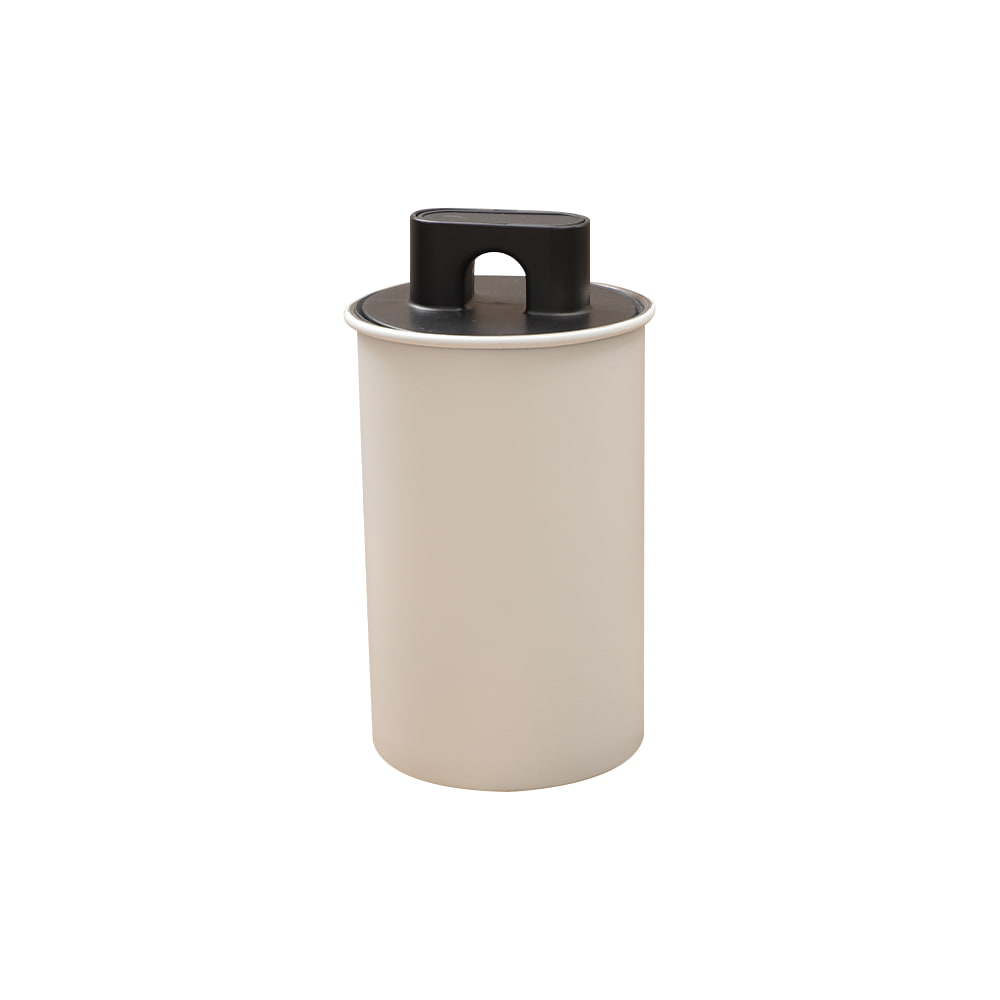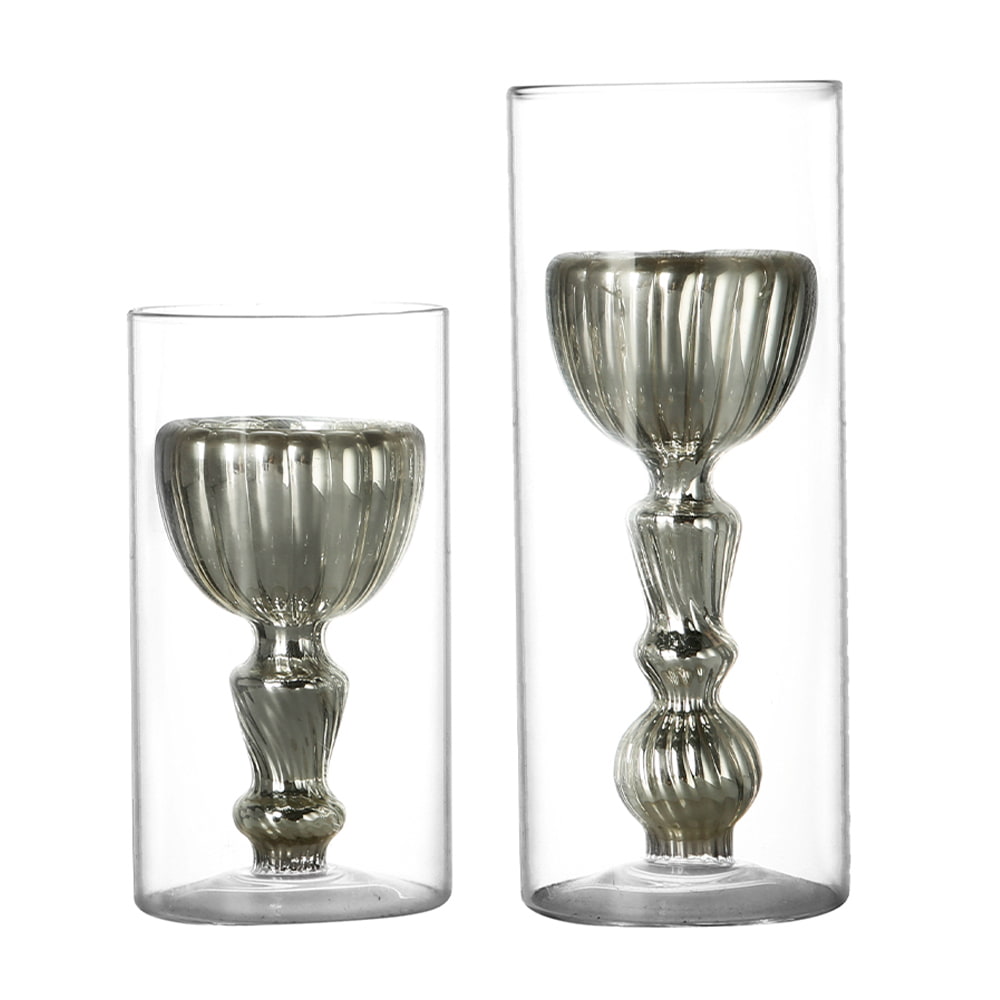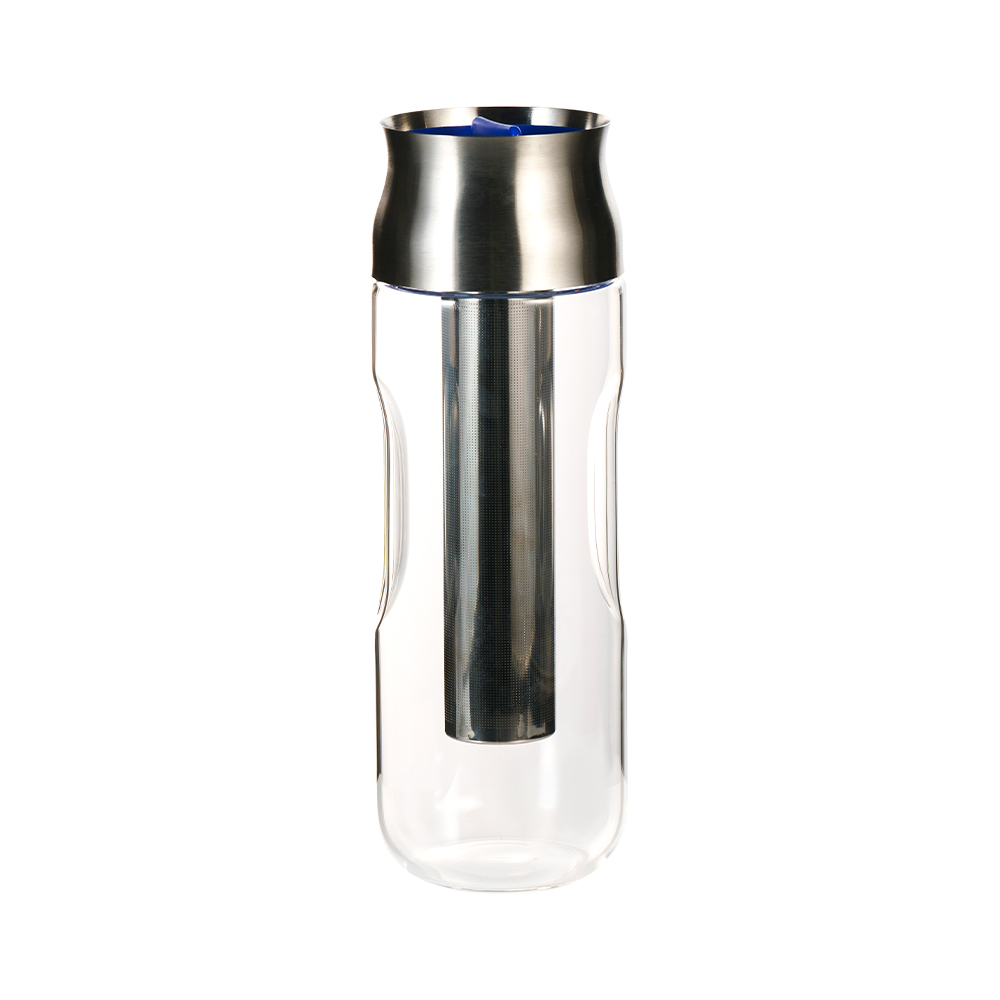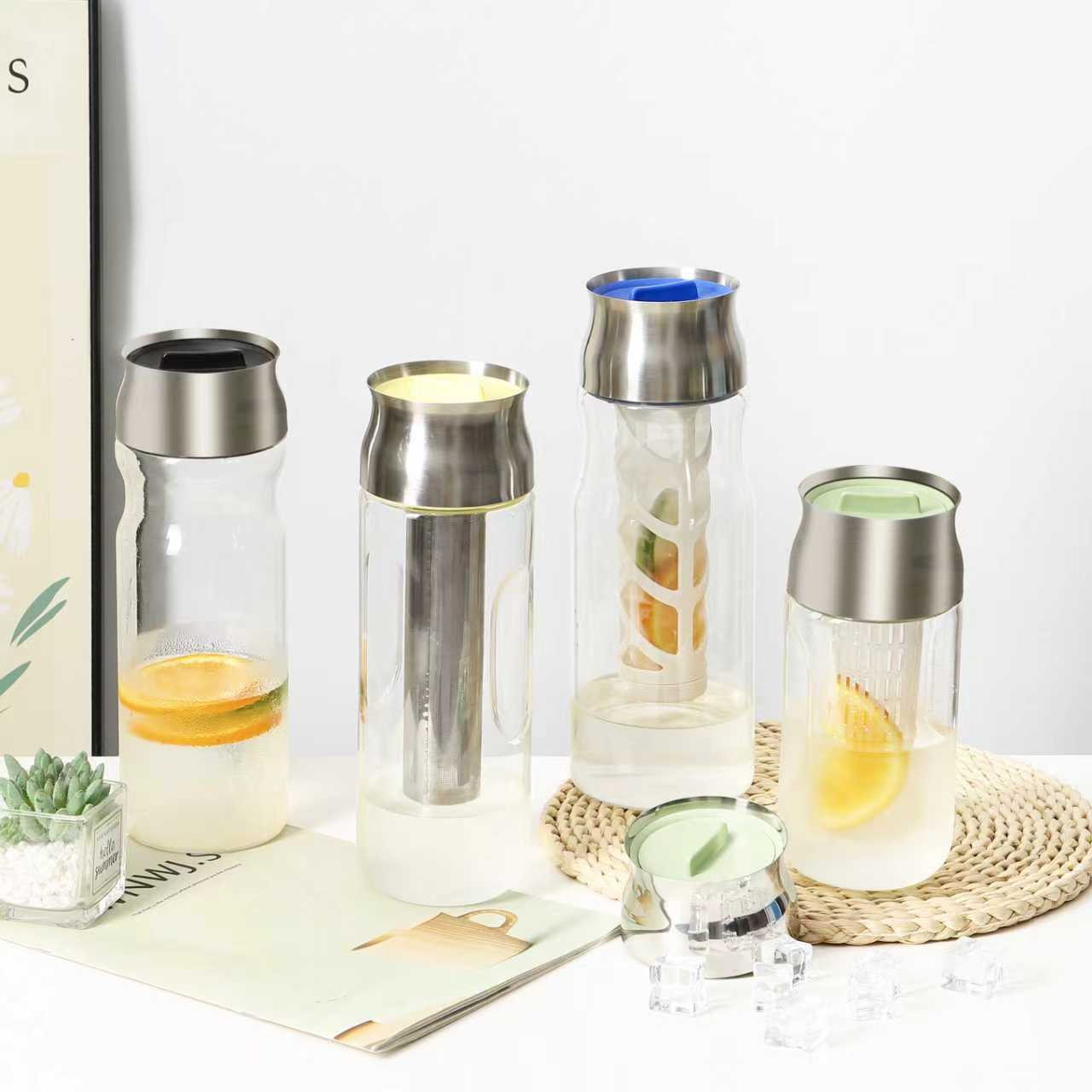 Language
Language



+86-0514-8866-8898
+86-18083766162

julia@nchousewares.com
Jack@nchousewares.com
What shouldn't be stored in glass storage jar?
The following are the types of items that glass storage jars are not suitable for storing, and why:
1. Highly corrosive chemicals
Includes: bleach, strong acids (hydrochloric acid), strong bases (drain cleansers), undiluted disinfectant
Risks:
Corrosion of the metal cap, leading to leakage or seal failure
Glass may become brittle due to corrosion, increasing the risk of breakage
Alternative: Original plastic bottles (chemically resistant)
2. Sensitive substances that need to be protected from light
Includes: essential oils, photosensitive chemicals (such as iodine), red wine, photographic film
Problem:
Clear glass cannot block UV rays, accelerating the decomposition or deterioration of ingredients
Red wine develops a "light odor" (wet cardboard smell) after exposure
Alternative: Dark glass bottles/stainless steel cans
3. Highly volatile/flammable liquids
Includes: gasoline, liquids with an alcohol content greater than 75%, paint thinner
Risks:
The rubber seal of the sealing cap may be dissolved by the solvent, leading to leakage
Static electricity or sparks from impact may cause explosions (glass is not anti-static)
Alternative: Specialized explosion-proof metal containers
4. Liquid foods that need to be refrigerated
Includes: High-moisture soups, dairy products, and uncooled cooked food
Problem:
Liquids expand when frozen, causing cracks in the can (especially at the right angles of the bottom);
Hot food placed directly into the can causes sudden cooling and cracking of the glass
Alternative: Plastic freezer containers (allowing for expansion space)
5. Sharp/hard objects
Includes: Metal screws, knives, and mineral specimens
Risk:
Scratches on the inner glass surface during handling and placement can cause cracks; Impact can cause brittle glass breakage (especially in narrow-mouthed cans)
Alternative: Thick-walled plastic tool boxes/metal cans
6. High-value, easily oxidizable items
Includes: Silver jewelry, antique documents, and collectible tea
Problem:
Ordinary glass jars are not airtight enough to completely isolate oxygen. Silverware can easily darken, and aged tea can lose its fragrance.
Alternative: Vacuum aluminum foil bags with deoxidizers/humidity-proof boxes
7. High-temperature items that require frequent handling
Includes: Hot grease, freshly roasted nuts, roasted spices
Risks:
High temperature and sudden cooling can cause thermal stress on the glass, leading to cracking
It's hot to the touch and dissipates heat slowly (glass is a strong insulator)
Alternative: Allow the stainless steel basin to cool naturally before transferring it to a canister
| Item Category | Examples | Why Avoid Glass Jars | Better Alternatives |
| Strong Chemicals | Bleach, drain cleaner, acids | Corrodes metal lids/seals; may etch or weaken glass | Original plastic/chemical-resistant containers |
| Light-Sensitive Goods | Essential oils, photo chemicals | UV exposure degrades quality; clear glass offers no protection | Amber glass jars, opaque metal tins |
| Flammable Liquids | Gasoline, solvent-based paints | Seals can dissolve; static risk; impact may cause shattering & ignition | Approved safety cans (metal) |
| Liquids for Freezing | Broth, milk, soup | Expansion during freezing cracks glass; thermal shock risk | Freezer-specific plastic (leave headspace) |
| Sharp/Hard Objects | Nails, knives, crystals | Scratches glass internally; impacts may cause breakage during handling | Heavy-duty plastic bins, metal canisters |
| High-Value Oxidizables | Antique silver, rare teas | Inadequate oxygen barrier; silver tarnishes, tea loses aroma over time | Vacuum bags with oxygen absorbers |
| Hot Items (≥60°C/140°F) | Freshly fried oil, roasted nuts | Thermal shock cracks glass; trapped heat speeds spoilage | Cool completely in metal/stainless steel first |
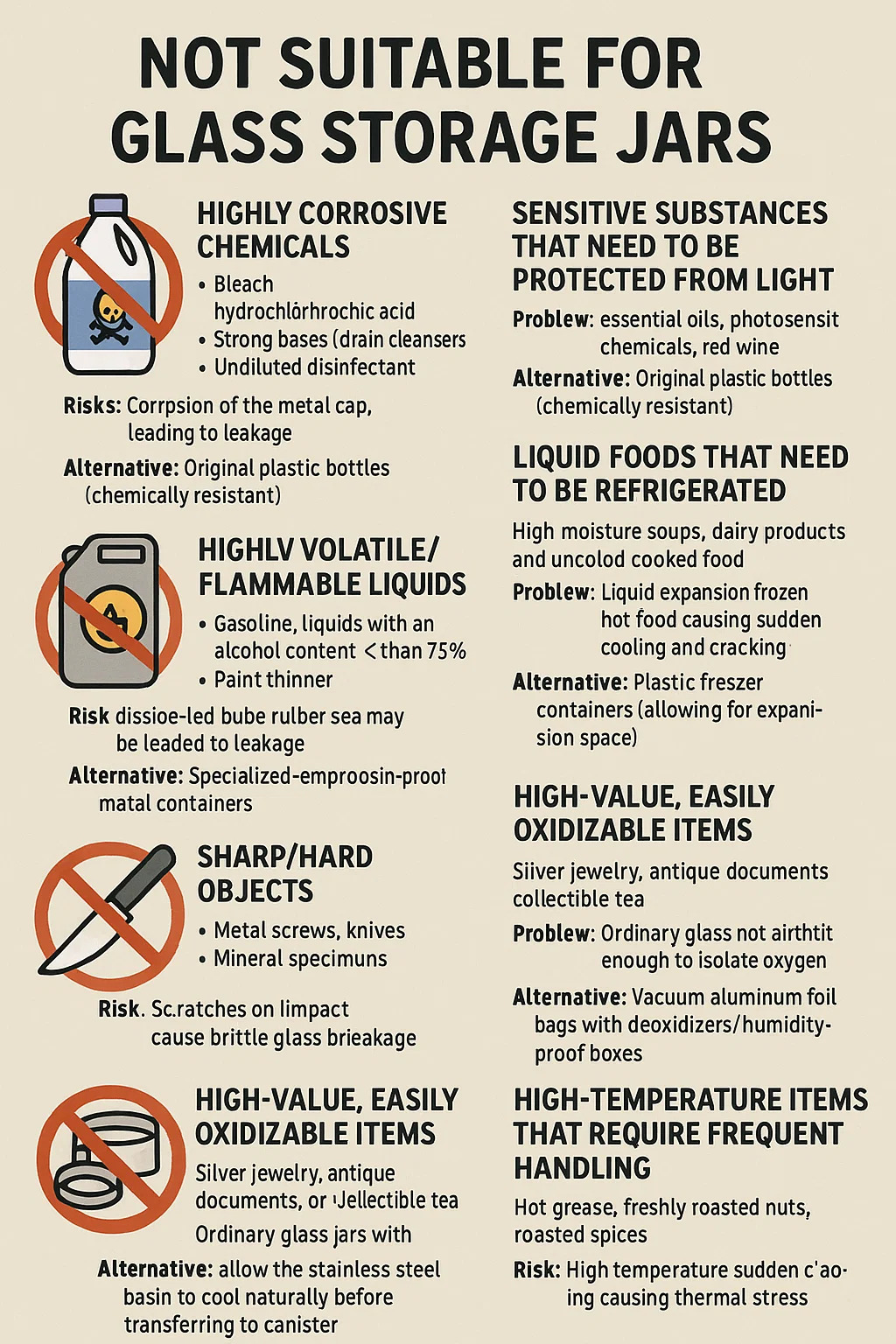
Recommended Products
 English
English  日本語
日本語  Deutsch
Deutsch  Español
Español 

